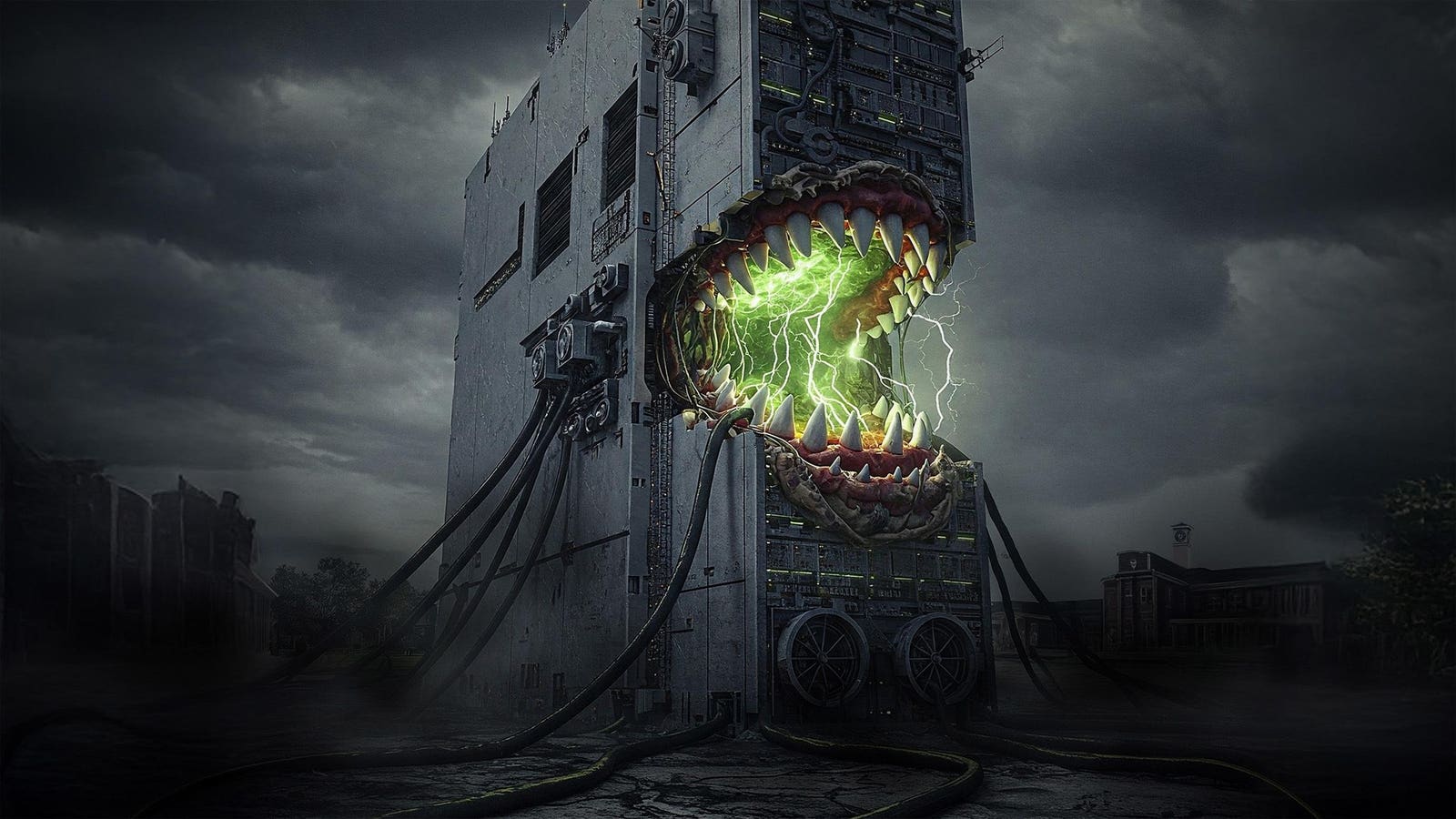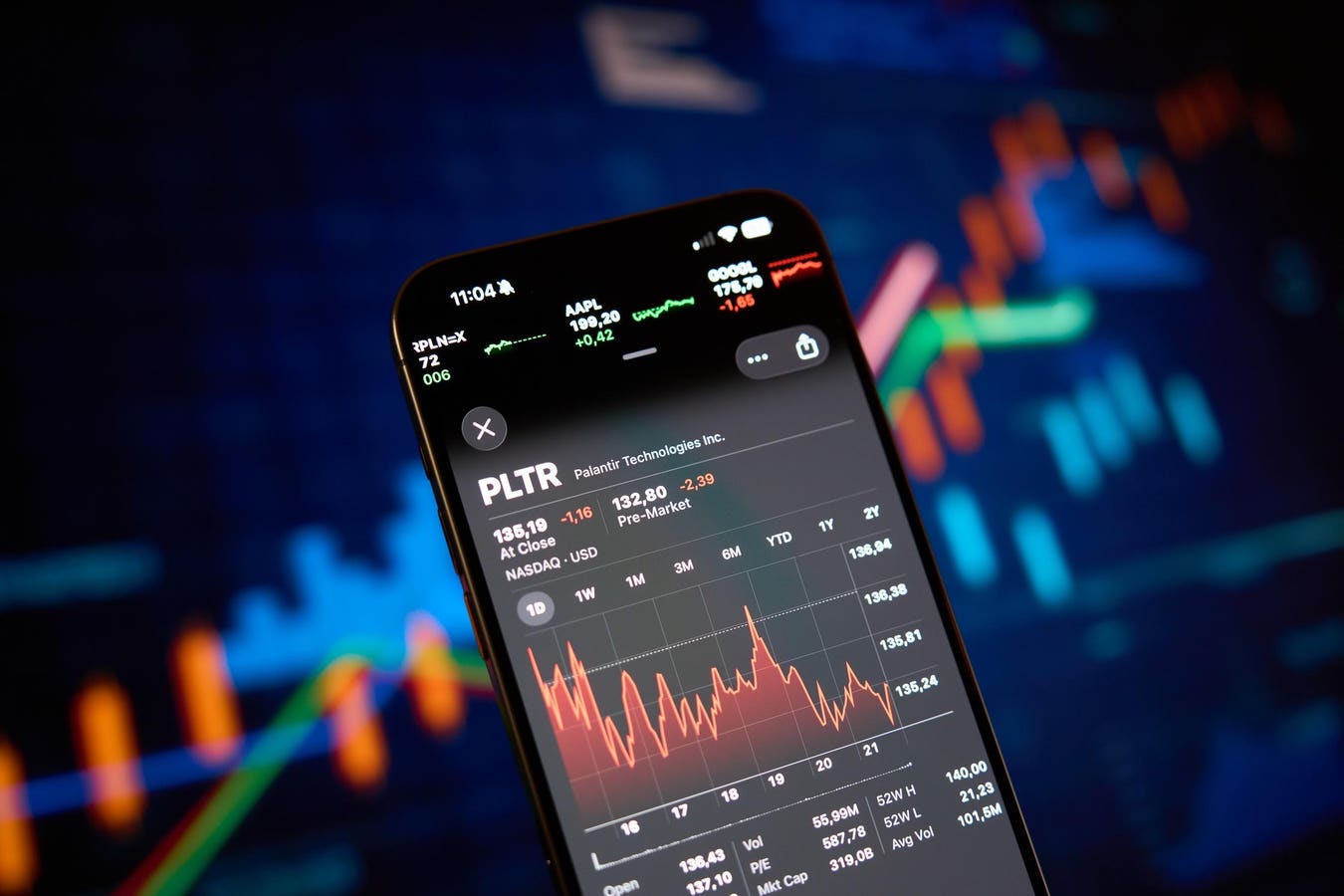AGI — a theoretical AI that can do many of the same tasks as humans can — could come within a decade. College students, including from elite universities, are abandoning school now to work full-time on preventing it from turning on humanity.
When Alice Blair enrolled in the Massachusetts Institute of Technology as a freshman in 2023, she was excited to take computer science courses and meet other people who cared about making sure artificial intelligence is developed in a way that’s good for humanity.
Now she’s taking a permanent leave of absence, terrified that the emergence of “artificial general intelligence,” a hypothetical AI that can perform a variety of tasks as well as people, could doom the human race.
“I was concerned I might not be alive to graduate because of AGI,” said Blair, who is from Berkeley, California. “I think in a large majority of the scenarios, because of the way we are working towards AGI, we get human extinction.” She’s lined up a contract gig as a technical writer at the Center for AI Safety, a nonprofit focused on AI safety research, where she helps with newsletters and research papers. Blair doesn’t plan to head back to MIT. “I predict that my future lies out in the real world,” she said.
Blair’s not the only student afraid of the potentially devastating impact that AI will have on the future of humanity if it becomes sentient and decides that people are more trouble than they’re worth. “Extinction-level” risk is possible given how fast AI is being developed, according to a 2024 U.S. Department of State-commissioned report. Efforts to build AI with safeguards to prevent this from happening have exploded in the last few years, both from billionaire-funded nonprofits like the Center for AI Safety and companies like Anthropic.
A lot of researchers disagree with that premise—“human extinction seems to be very very unlikely,” New York University professor emeritus Gary Marcus, who studies the intersection of psychology and AI, told Forbes. “But working on AI safety is noble, and very little current work has provided answers.”
Now, the field of AI safety and its promise to prevent the worst effects of AI is motivating young people to drop out of school.
“If your career is about to be automated by the end of the decade, then every year spent in college is one year subtracted from your short career.”
Physics and computer science major Adam Kaufman left Harvard University last fall to work full-time at Redwood Research, a nonprofit examining deceptive AI systems that could act against human interests.
“I’m quite worried about the risks and think that the most important thing to work on is mitigating them,” said Kaufman. “Somewhat more selfishly, I just think it’s really interesting. I work with the smartest people I’ve ever met on super important problems.”
He’s not alone. His brother, roommate and girlfriend have also taken leave from Harvard for similar reasons. The three of them currently work for OpenAI.
Other students are terrified of AGI, but less because it could destroy the human race and more because it could wreck their career before it’s even begun. Half of 326 Harvard students surveyed by the school’s undergraduate association and AI safety club were worried about AI’s impact on their job prospects.
“If your career is about to be automated by the end of the decade, then every year spent in college is one year subtracted from your short career,” said Nikola Jurković, who graduated from Harvard this May and served as the AI safety group’s AGI preparedness lead. “I personally think AGI is maybe four years away and full automation of the economy is maybe five or six years away.”
Already, some companies are hiring fewer interns and recent graduates because AI is capable of doing their tasks. Others are conducting mass layoffs. Anthropic CEO Dario Amodei has warned that AI could eliminate half of all entry-level white-collar jobs and cause unemployment to rise to 20% in the next few years.
Students are terrified that this shift will dramatically accelerate when true AGI arrives, though when that might happen is up for debate. OpenAI CEO Sam Altman thinks AGI will be developed before 2029, while Google DeepMind CEO Demis Hassabis predicts that it’ll come in the next five to 10 years. Jurković believes it might arrive even sooner: He co-authored a timeline forecast for the AI Futures Project, which also predicts the ability to automate most white-collar jobs by 2027.
Others disagree: “It is extremely unlikely that AGI will come in the next five years,” Marcus said. “It’s just marketing hype to pretend otherwise when so many core problems (like hallucinations and reasoning errors) remain unsolved.” Marcus has noted that throwing more and more data and computing power at AI models has so far failed to produce models sophisticated enough to do many of the same kinds of tasks as humans.
While questions remain about when AGI will occur and how valuable a college degree will be in a world upended by human-level artificial intelligence, students are itching to pursue their careers now, before, they worry, it’s too late.
That’s led many to drop out to start their own companies. Since 2023, students have been leaving college to chase the AI gold rush, drawn to the success stories of generations past like Altman and Meta CEO Mark Zuckerberg. Anysphere CEO Michael Truell, now 24, and Mercor CEO Brendan Foody, 22, dropped out of MIT and Georgetown University respectively to pursue their startups. Anysphere was last valued at $9.9 billion, while Mercor has raised over $100 million. With AGI threatening to completely replace human labor, some students see a ticking clock—and a huge opportunity.
“I felt that there’s a limited window to act in order to have a hand on the steering wheel,” said Jared Mantell, who was studying economics and computer science at Washington University in St. Louis before dropping out to focus full-time on his startup dashCrystal, which aims to automate design of electronics. The company has raised over $800,000 so far at a valuation of around $20 million.
Dropping out means losing out on the benefits of a college degree. According to the Pew Research Center, younger adults with a bachelor’s degree or more generally make at least $20,000 more than their peers without one. And in a world where entry-level jobs are being decimated by AI, lacking a degree could limit job prospects for young people even more.
Even the cofounder of Y Combinator, a startup accelerator known for funding young founders who have dropped out, thinks students should stay in school. “Don’t drop out of college to start or work for a startup,” Paul Graham posted on X in July. “There will be other (and probably better) startup opportunities, but you can’t get your college years back.”
Blair doesn’t think that dropping out of school is for everyone. “It’s very difficult and taxing to drop out of college early and get a job,” she said. “This is something that I would only recommend to extremely resilient individuals who felt they have been adequately prepared to get a job by college already.”
More from Forbes








